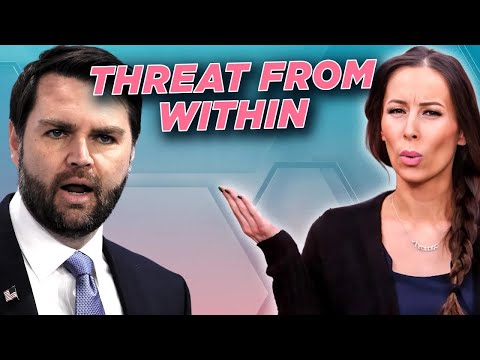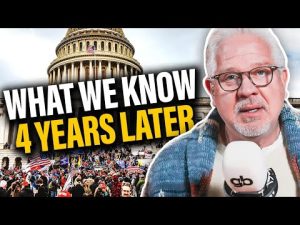**Europe’s Grasp on Free Speech: A Cautionary Tale for America**
In today’s world, the notion of free speech seems to be under siege in many corners, but none more so than in Europe. Recently, during the Munich Security Conference, JD Vance voiced a serious concern about how freedom of expression has taken a backseat to the rising tide of strict hate speech laws and political correctness. His comments highlight a troubling shift in the cultural landscape across the Atlantic, where the freedoms once valued are now hanging by a thread.
As the discussion unfolded, a particular showcase of Germany’s regulations on hate speech captured attention. German state prosecutors shared that even insulting someone online can result in hefty fines or even jail time. That’s right—saying something unflattering about someone on the internet can land you in the slammer. Imagine the difficulty Germans have now in trying to express genuine opinions without the looming fear of repercussions. Free speech is supposed to be the bedrock of democratic societies, yet in Germany, it appears to be more of a wishful concept than a reality.
Vance indicated that he fears the greatest threat Europe now faces isn’t from external adversaries like Russia or China, but rather from within its own borders. This internal threat comes from a growing intolerance for dissenting opinions, a climate where people self-censor out of fear of legal retribution. In a situation like this, frank discussions about security and unity are becoming rare. Instead, people seem to tiptoe around subjects for fear of being labeled as offensive or politically incorrect.
The leftist media, naturally, had its own spin on the matter. During an exchange on CBS’s Face the Nation, Margaret Brennan attempted to redirect the topic of free speech, even going so far as to imply that free speech played a role in historic atrocities. The idea that an open expression of ideas could somehow lead to genocide is not only laughable but also dangerously misinformed. The repression of free speech, as witnessed in totalitarian regimes like the Nazis, was what fueled atrocities—not the freedom to express one’s opinions.
This leads to a deeper concern: if free speech continues to erode in regions like Europe, could the warm embrace of it in America also be at risk? Being labeled as “far-right” or “dangerous” for holding unconventional views creates a ripple effect of fear, stifling the vibrant conversations that allow societies to flourish. Those who engage in self-censorship are doing society a disservice, denying the chance for the exchange of diverse perspectives that can lead to progress and understanding.
In the end, the steadfast commitment to free speech in America could very well serve as a lifeline for the Western values that so many hold dear. The warning signs across the ocean should compel Americans to cherish and protect their freedoms. Remember, a society that can’t discuss its issues openly is a society that risks losing its very essence.



